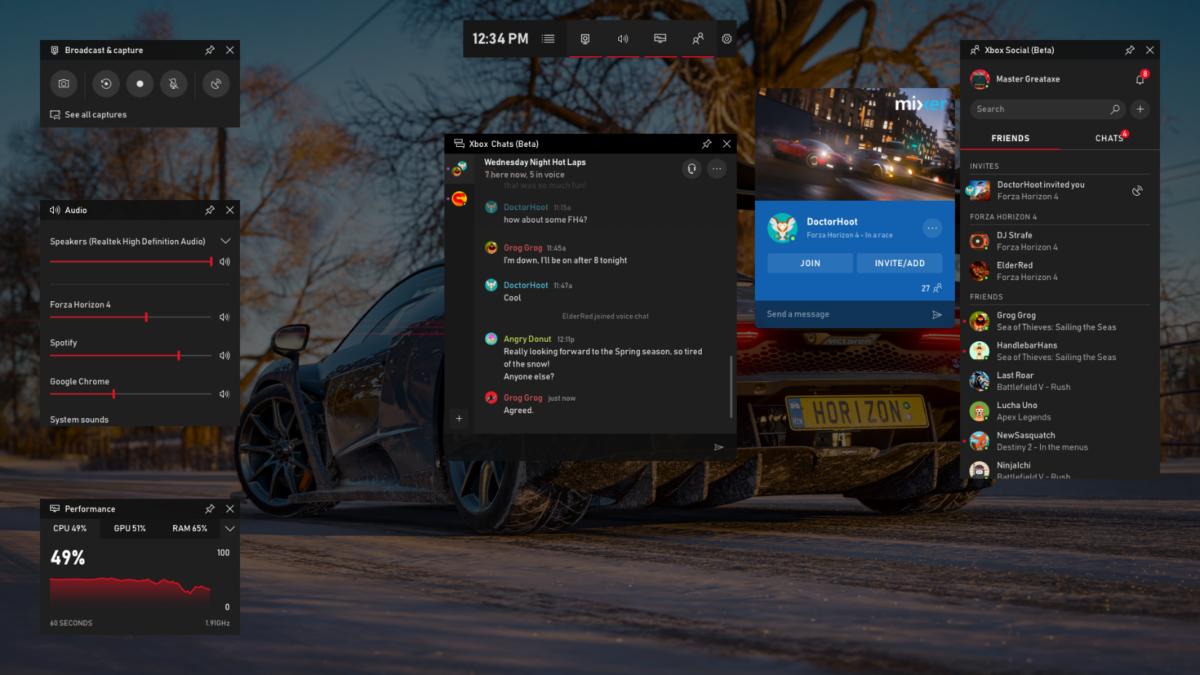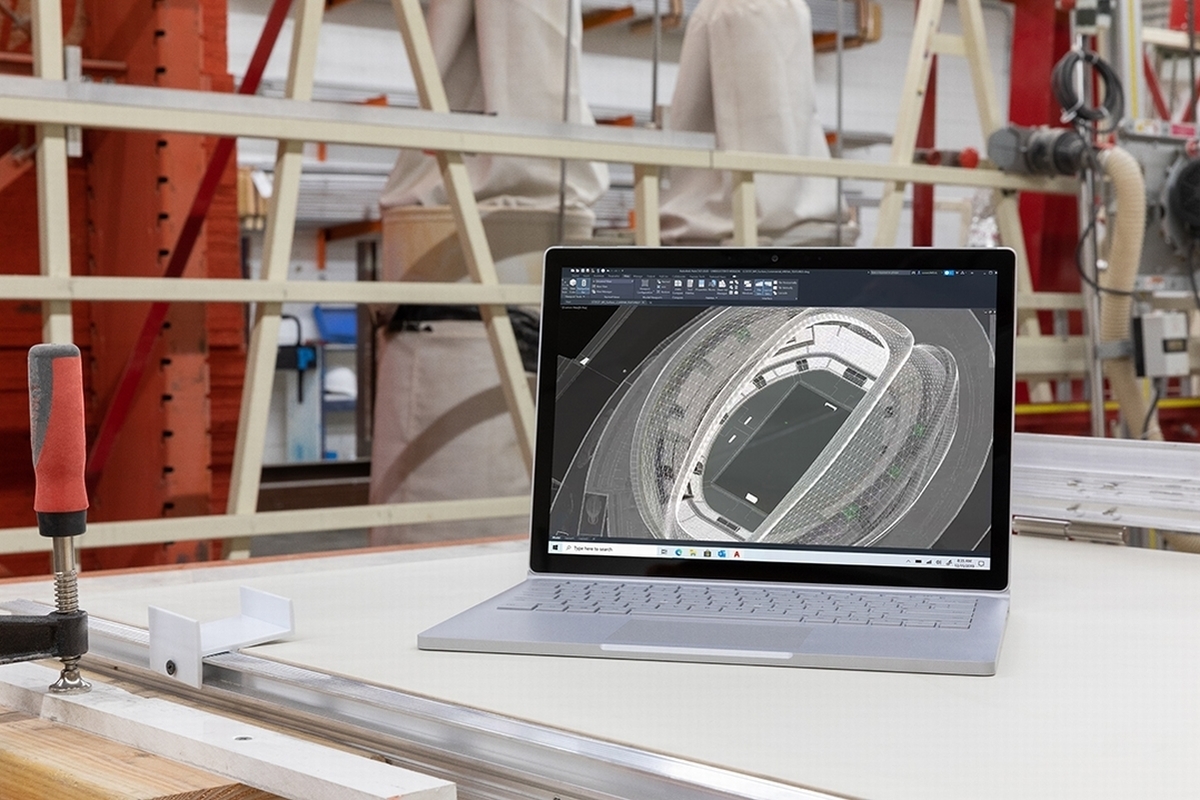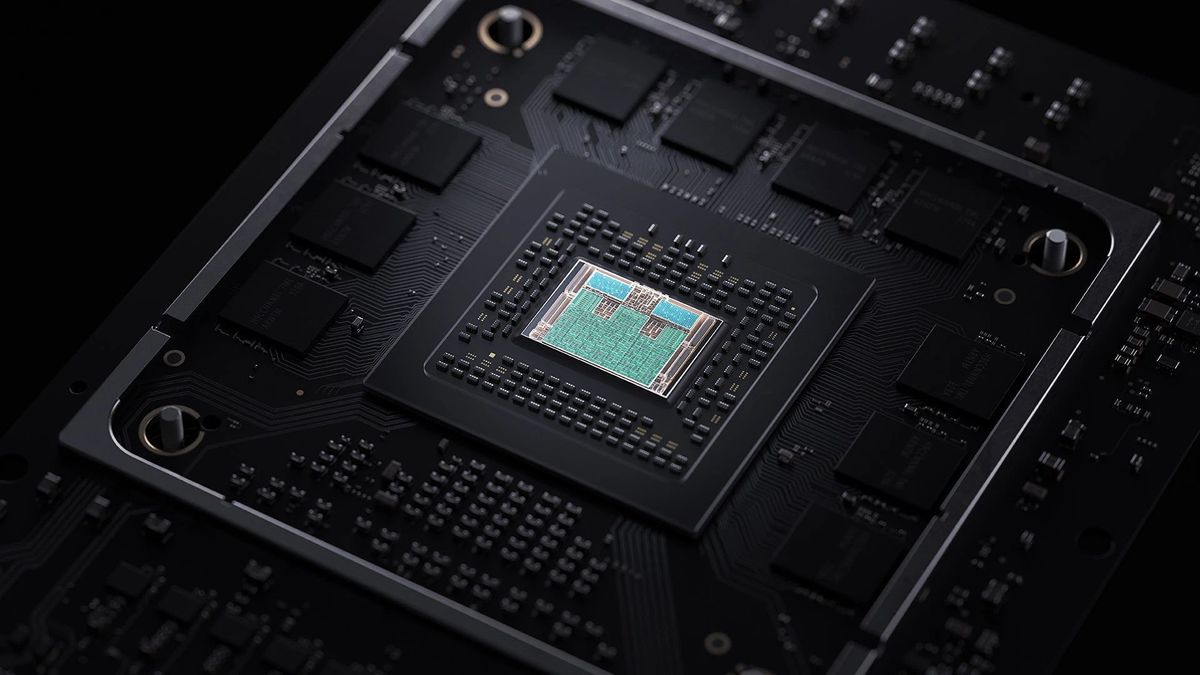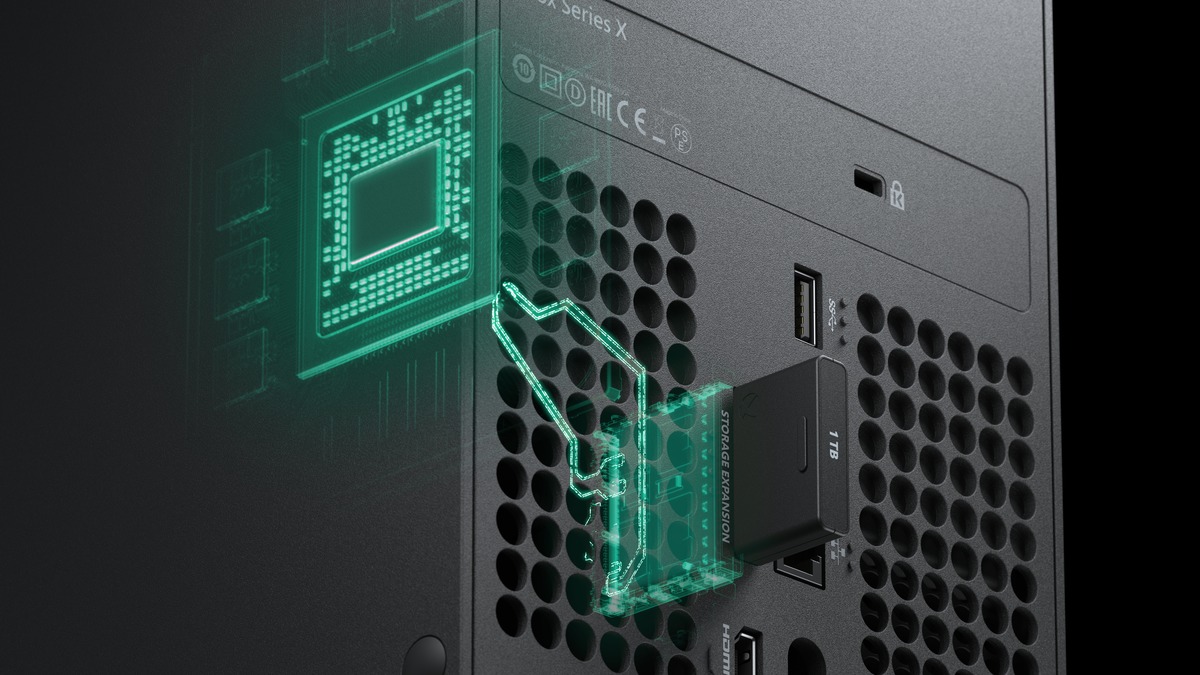
It’s a big week for Microsoft. Yesterday, it introduced an army of enticing Surface updates. Today, an Xbox event introduced the first batch of next-gen games coming to the Xbox Series X console launching this year.
It’s a big week for Microsoft. Yesterday, it introduced an army of enticing Surface updates. Today, an Xbox event introduced the first batch of next-gen games coming to the Xbox Series X console launching this year. But what I want is something that straddles those two worlds and solidifies Microsoft’s position as a driving force in gaming–and yes, that includes PC gaming.
I want an Xbox gaming laptop, built with the same attention to detail as the Surface lineup, but focused on highlighting the best of Microsoft’s gaming innovations and what’s possible on the PC.
Diehard PC enthusiasts may scoff–it’s hard to look past the epic failure of Games for Windows Live–but hear me out.
Why Xbox matters for PC gaming

Under Phil Spencer’s stewardship, Microsoft’s Xbox division has doubled down on PC gaming, introducing new features that improve the lives of PC gamers even if they aren’t aware of them. A lot of those benefits are intrinsically tied to the underlying DirectX 12 graphics technology shared between Windows 10 and Xbox, but there’s more than DX12 at play as Microsoft works toward leveling up everyone’s gaming experience.
Before real-time ray tracing could debut in Nvidia’s GeForce RTX 20-series graphics cards, Microsoft added DirectX Raytracing to Windows. DirectX 12 Ultimate enshrines other cutting-edge technologies (mostly Nvidia innovations) into both Windows and the forthcoming Xbox Series X for the good of all gamers–including Radeon owners. Microsoft’s forward-thinking Xbox Play Anywhere initiative lets you buy a game once, then play it on PCs or consoles, and it’s been bolstered by the company’s impressive support of cross-play features. Xbox Games Pass for PC is the best value in gaming today, offering over 100 games for $5 per month. Even the Windows 10 Game Bar kicks ass now.
Xbox isn’t just for the living room any more. It’s the brand for all of Microsoft’s gaming endeavors, uniting PCs and consoles alike. But sadly, Microsoft’s most innovative gaming technology isn’t emphasized in the recent Surface releases, even though some could be used as gaming devices.
Surface Book 3 gets ray tracing, kind of
The Surface Book 3 announced this week looks like a serious improvement to an already glorious hybrid. We dubbed the Surface Book 2 “the ultimate laptop” in our 2017 review. This version ups the ante with Intel’s latest 10th-gen processors, modern Nvidia GPUs, massive storage and memory upgrades, and even a more potent power brick to sidestep the energy-draw woes that served as the one glaring drawback in the last model. We haven’t reviewed it yet, but on paper, it looks like everything we could’ve asked for in an update.
But on the proverbial eve of seeing the Xbox Series X bring real-time ray tracing into the mainstream, the consumer-focused versions of the Surface Book 3 don’t support real-time ray tracing.

There are a lot of available Surface Book 3 configurations, and all but two rely on Nvidia’s GeForce GTX 1650 and GTX 1660 Ti GPUs. They’re fine gaming options–especially the GTX 1660 Ti–but Nvidia’s GTX 16-series graphics don’t include the dedicated hardware required to accelerate real-time ray tracing. Two Surface Book 3 versions include Nvidia’s Quadro RTX 3000 GPUs, which do support ray tracing, but those workstation-class cards can’t run Nvidia’s Game Ready GeForce drivers. GeForce drivers get updated frequently to include optimizations for the latest games. Quadro cards need to use either Quadro drivers or the creation-focused Nvidia Studio drivers, which revolve around more professional use cases.
The decision makes sense for the high-end Surface Book 3! Microsoft’s always pitched its detachable laptop as a high-performance notebook for pros, a more versatile alternative to Apple’s MacBook Pro. Quadro fits perfectly. But the Surface Book doesn’t get updated very often, and with Microsoft’s gaming divisions pushing so hard on real-time ray tracing, it’s a shame that you won’t be able to take full advantage of games that support the technology on the only Surface device with discrete graphics.
Highlighting Microsoft’s best

Microsoft created Surface to highlight the best of Windows, to show what’s possible when you tightly integrate the operating system’s capabilities with hardware tailored to use those powers to full effect. That’s why Microsoft needs an Xbox gaming laptop, too–a sleek, powerful device built with the same loving attention as Surface but dedicated to showcasing the best of what’s possible with PC gaming. Of Xbox gaming, beyond the console.
An Xbox gaming laptop could come clad in black, mirroring the Xbox Series X’s branding while standing apart from Surface’s traditional silver hues. Load it up with Nvidia’s ray tracing-capable GeForce RTX graphics, of course, or AMD’s eventual RDNA2 GPUs. Integrate wireless Xbox controller connectivity. Microsoft’s advanced Surface camera and the dual far-field mics would work wonderfully for Twitch (or Mixer) streaming. I’m getting hot and bothered just thinking about the idea of Microsoft’s luscious PixelSense displays amped up to game-ready 120Hz-plus refresh rates.

If Microsoft really wanted to get crazy, it could even (maybe?) make an Xbox gaming laptop stand out from the gaming notebook hordes by integrating support for the fantastically fast “Xbox Velocity Architecture” add-in SSDs debuting in the Xbox Series X.
There’s no shortage of gaming notebooks available, and Microsoft’s PC partners probably wouldn’t appreciate it if the creator of Windows encroached even further on their turf. Done right, however, a dedicated Microsoft gaming laptop would leave no doubt that yes, Xbox matters for PC gamers, too. Toss in a free subscription to Xbox Game Pass for PC for a few months, and it’d make one hell of a statement as the vanguard for Microsoft’s PC gaming ambitions.
You know, like Surface does for Windows.



Comments